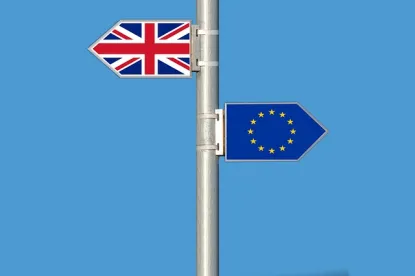The UK Trade Bill continued to be debated in the House of Commons with a second reading taking place on 9 January 2018. One of the main contributions of the bill is the establishment of the UK Trade Remedies Authority, an institution responsible for investigations into trade remedies, a responsibility currently assigned to the European Commission. Some amendments aim at ensuring that the Authority is answerable to Parliament and not just the Secretary of State, as is currently provided. Following debate, the International Trade Committee launched a specific inquiry on this future institution and invited stakeholders to send their input by 28 February 2018. Another heated question touches upon whether the UK could or should stay in the EU Customs Union. This would indeed have major implications for businesses (See minutes of the debate on Hansard). On 23 January 2018, the UK Trade Bill entered the Committee Stage where Members of Parliament are conducting a detailed examination of the bill.
On 15 January 2018, the Report Stage of the UK Sanctions Bill took place in the House of Lords, allowing Lords to discuss and issue additional amendments. Following Brexit, the UK will no longer implement the EU’s sanctions regimes. It will, therefore, have to develop its own sanctions regimes both as a result of its obligation to implement UN’s Security Council Resolutions and by the adoption of autonomous sanctions measures. The UK Sanctions Bill, presented on 18 October 2017, provides for powers to develop such measures. Apart from the power to make sanctions law, the UK Sanctions Bill gives the UK government a mandate to designate persons under sanctions regulations according to a simple “description”. This has been extensively criticised by several Lords; hence, the introduction by the UK government of an amendment imposing that the description should be as such that “a reasonable person” would know whether a particular individual falls into the description and the recourse to description only occurs when it is not practicable to designate a person by name. These discussions are also of particular significance to financial institutions as the bill allows Ministers in the context of financial sanctions to impose sanctions on persons “connected” with a prescribed country. It is expected that financial institutions will be held to higher standards with regard to their information and reporting obligations (See minutes of the debate on Hansard). Lords examined the bill one last time during a third reading on 24 January 2018 and focused on the anti money laundering section of the text. It was then transferred to the House of Commons, which held a first reading on 25 January 2018; the second reading is scheduled for 20 February 2018.



 />i
/>i

